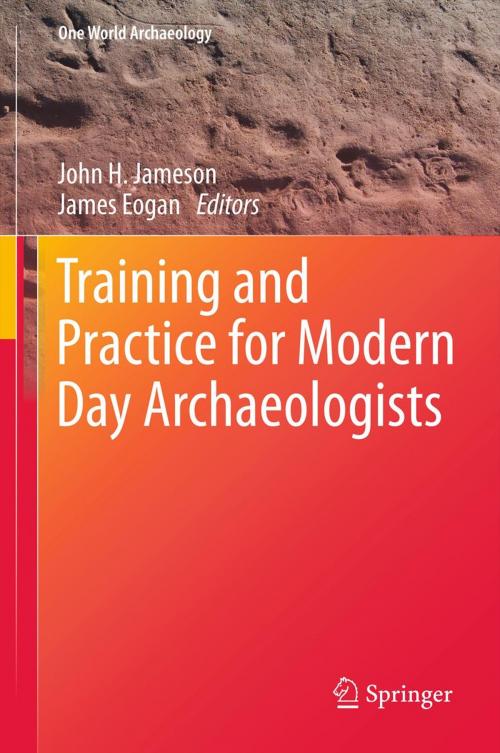Training and Practice for Modern Day Archaeologists
Nonfiction, Social & Cultural Studies, Social Science, Archaeology, Anthropology, History| Author: | ISBN: | 9781461455295 | |
| Publisher: | Springer New York | Publication: | December 9, 2012 |
| Imprint: | Springer | Language: | English |
| Author: | |
| ISBN: | 9781461455295 |
| Publisher: | Springer New York |
| Publication: | December 9, 2012 |
| Imprint: | Springer |
| Language: | English |
In recent years, an important and encouraging development in the practice of archaeology and historical preservation has been the markedly increased number of collaborations among archaeologists, educators, preservation planners, and government managers to explore new approaches to archaeological and heritage education and training to accommodate globalization and the realities of the 21st century worldwide.
But what is the collective experience of archaeologists and cultural heritage specialists in these arenas? Should we be encouraged, or discouraged, by national and international trends? In an attempt to answer these questions, this volume examines and gives representational examples of the respective approaches and roles of government, universities, and the private sector in meeting the educational/training needs and challenges of practicing archaeologists today.
In recent years, an important and encouraging development in the practice of archaeology and historical preservation has been the markedly increased number of collaborations among archaeologists, educators, preservation planners, and government managers to explore new approaches to archaeological and heritage education and training to accommodate globalization and the realities of the 21st century worldwide.
But what is the collective experience of archaeologists and cultural heritage specialists in these arenas? Should we be encouraged, or discouraged, by national and international trends? In an attempt to answer these questions, this volume examines and gives representational examples of the respective approaches and roles of government, universities, and the private sector in meeting the educational/training needs and challenges of practicing archaeologists today.















